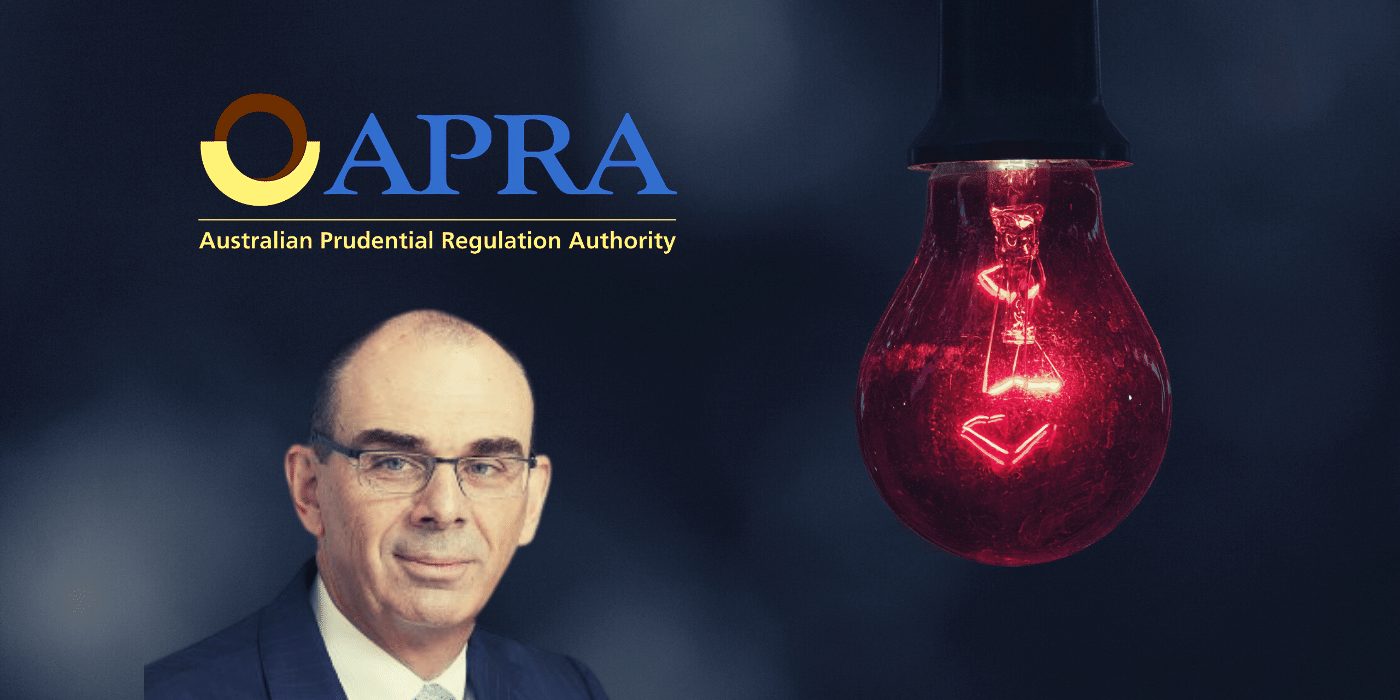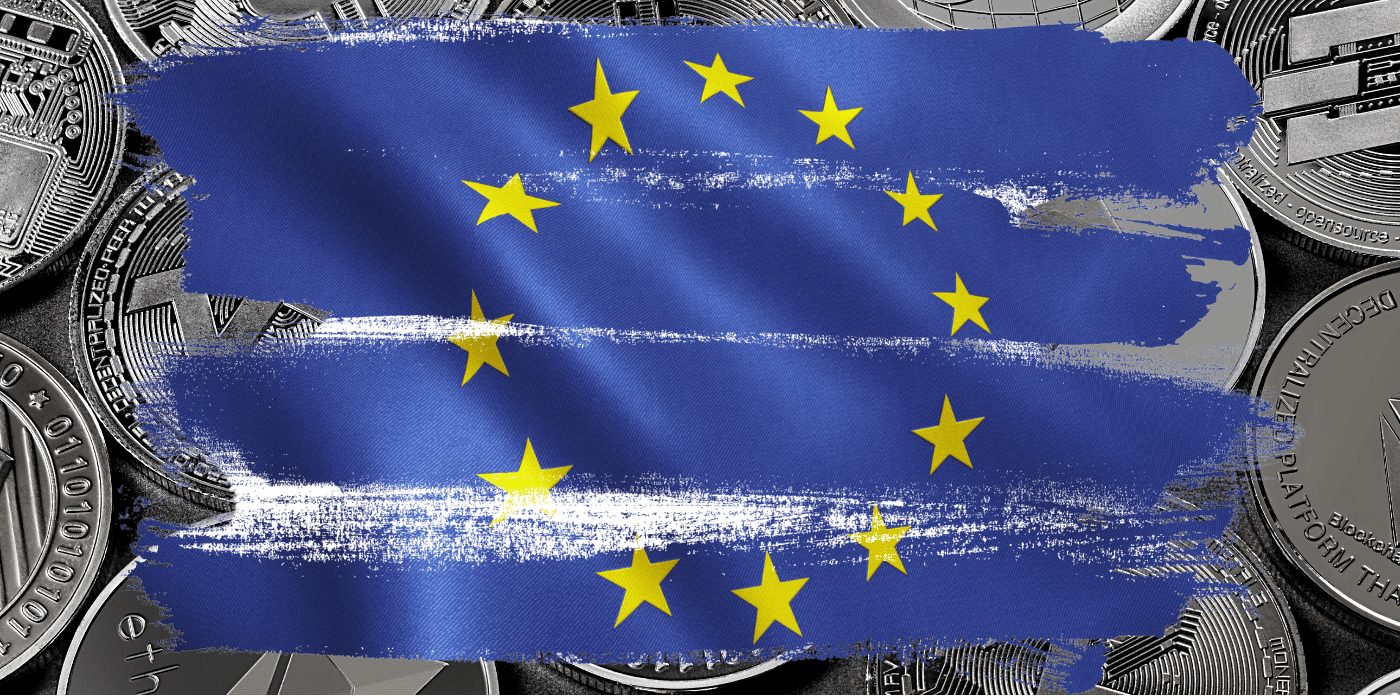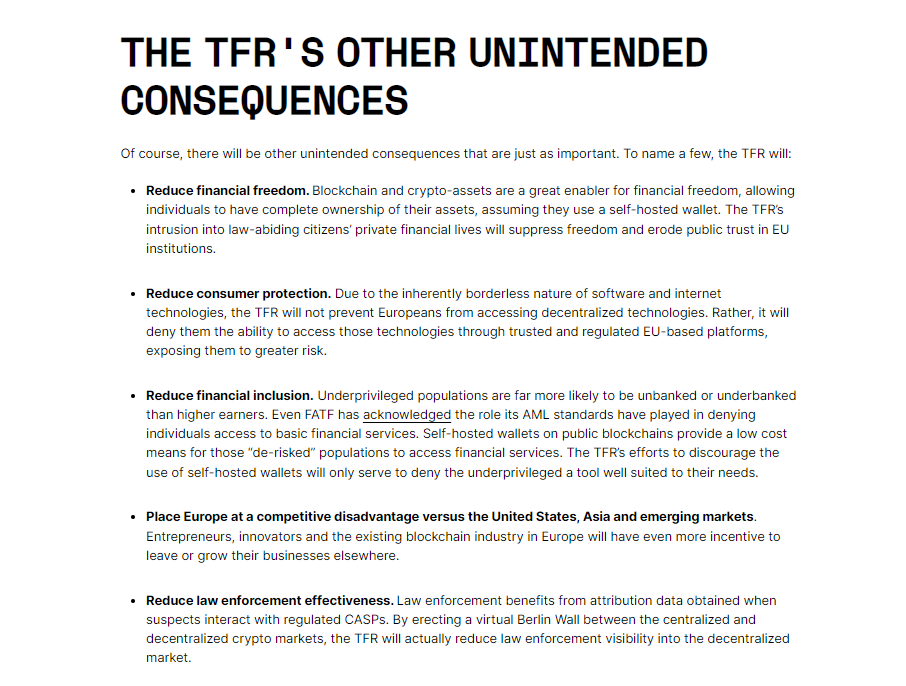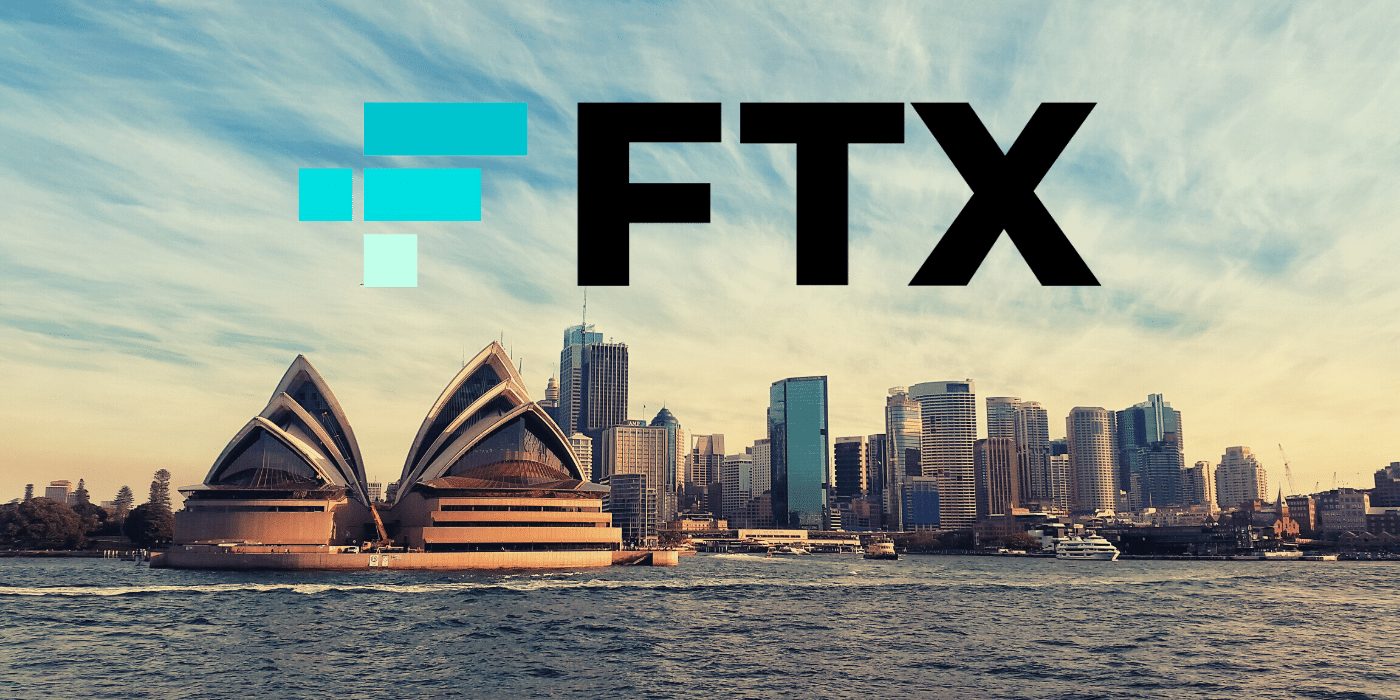The Australian Prudential Regulation Authority (APRA) is in the final stages of drafting a letter to Australia’s financial institutions that will outline its expectations for the future of digital assets, in the wake of the UK’s recent statement on digital assets.
High Expectations for Financial Institutions
APRA has plans to provide the industry with more clarity in the coming months, cautioning banks, super funds and insurers planning to take on crypto. Chairman Wayne Byres said this week that the regulator was finalising its letter prescribing its requirements for how financial institutions deal with digital assets.
While the number of Australian financial institutions embracing crypto is so far limited, with the Commonwealth Bank becoming the first bank to offer crypto-related services in late 2021, it is necessary to achieve clarity on regulation as soon as possible. This comes as regulators overseas make similar moves.

Much like our approach to climate risk, [the letter’s] underlying message is primarily one of: ‘by all means innovate, but proceed with care and in full knowledge of the risks’.
Wayne Byres, APRA chairman
However, not everyone is happy with the news, and social media has offered mixed responses. APRA claims that a regulatory framework for “stored value facilities” is a high priority, as these facilities will purportedly allow customers to store funds for future payments.
No Time to Waste in a ‘Global Competition’
Last week ASIC chairman Greg Medcraft urged Aussie regulators to join the crypto start-up race, encouraging the development of plans for the future of digital asset investment and technology. Medcraft said it was “a global competition” and if financial institutions didn’t get in now they could risk missing out.
As long ago as July 2021, Australian crypto companies were requesting more certainty regarding the regulation of the industry. At the time, this resulted in the Australian Fintech Senate allowing Aussies to submit their requests relating to technology and finance and how society might benefit from emerging technologies.














